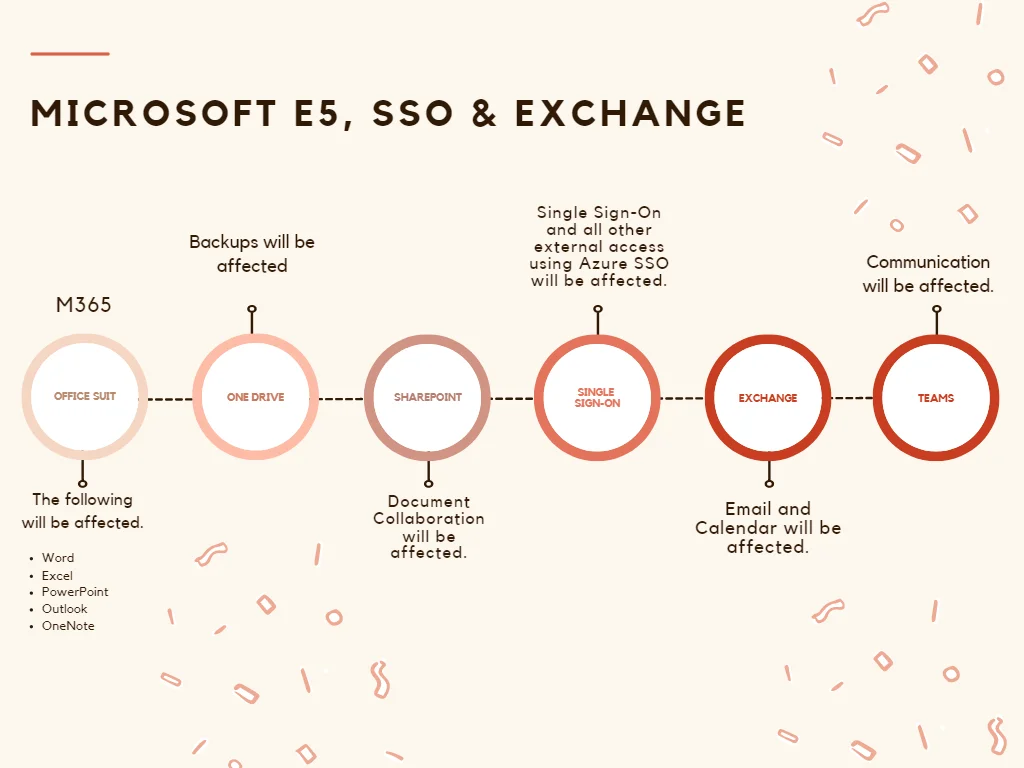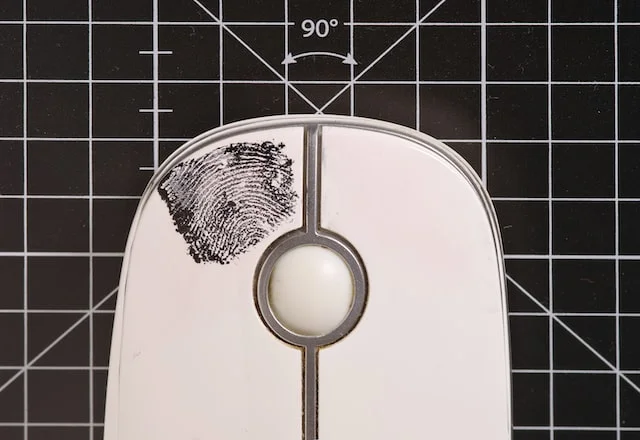The Human Vulnerability
We often focus our attention on technical solutions while fighting our relentless journey against cyber threats. The one aspect of cybersecurity that remains frequently overlooked is in fact human vulnerability. Cybercriminals have found many new ways to exploit this aspect by targeting our emotions and target psychological weaknesses to gain unauthorised access to sensitive information, execute cyberattacks, and defraud unsuspecting victims. In this post, I will delve deep into the intricate web of human emotions and how criminals are manipulating them in the cybersecurity realm.
Understanding Human Vulnerability
It’s essential to recognise that human vulnerability in cybersecurity isn’t a weakness, but a fundamental aspect of our nature and this is what makes us human. We must accept the fact that emotions drive our decisions, actions, and interactions in both the physical and digital worlds. We need to accept that we can’t eliminate these emotions, but we can certainly gain a deeper understanding of how criminals can manipulate them for malicious purposes.





